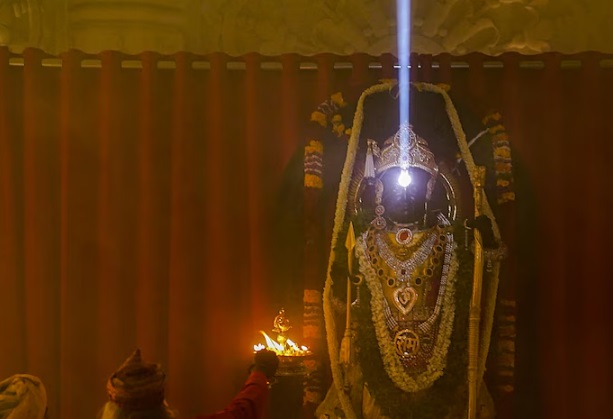Bihar’s liquor ban also affects funeral rites
Ballia: On being stopped by policemen at Bharauli border’s country liquor shop in UP for packing away a dozen 200 ml bottles into her cloth bag, an elderly Maya Kharwar from Buxar in Bihar drops quickly to her knees to begin crying at the feet of the men in khaki. She begs them to allow her to carry the liquor back to complete the rituals of her tribal society following a death in her family.
If the old woman had her religious reasons to ferry away liquor to perform post-death rituals, a high number of youths and middle-aged people have been found crossing the border by two-wheelers and SUVs to reach beer and Indian Made Foreign Liquor (IMFL) outlets in UP to set the “mood for celebrations” before rejoining their marriage parties back home. Indeed, from marriage to death, liquor seems to be a common peg lifting the spirits of mourners and revelers alike from across the border in Bihar. About 12 km from the Chhapra border at the Bairiya market of Ballia, local traders revealed, “On the days of `lagan’ (pious dates in the marriage season), the roadsides are trashed with empty liquor bottles and beer cans even before 10 pm.”
Following the blanket ban on liquor trade and consumption by the Bihar government on April 5, tipplers from neighbouring Bihar have been pouring into UP to frequent the liquor shops of Ballia, Ghazipur and Chandauli along the border. The number of visitors has only grown with the onset of the marriage season.
After the festival of Ramnavami, liquor shops in areas like Bharauli and Sikandarpur in Ballia district, Bhadora Road, Dildarnagar and Jamania in Ghazipur district, and Naubatpur, Ilia and Kandava in Chandauli district are witnessing “surprising overcrowding on the days of lagan”, say shopkeepers of liquor outlets in the region.


